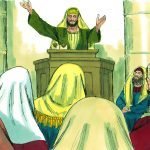
Jonathan Edwards Biography


Jonathan Edwards
Jonathan Edwards, who became one of the most well known Puritan preachers, began his life in humble beginnings in East Windsor, CT. He was born October 5, 1703 to Timothy and Esther (Stoddard) Edwards. He was the only son in a family of 11 children.
Early Life
Both parents were known intellectuals and shaped him from his early childhood days. His father was well respected as both a teacher and preacher. His mother was well educated and had as much of an influence on Jonathan as his father did.
He was an intelligent child and used writing as a way to codify his burgeoning philosophies. Young Edwards would often set out on walks to think. He would generally have a preplanned subject to ponder and when he returned home he would put his thoughts in written form. His early thought processes began to solidify after a reading of Locke’s essay on Human Understanding at the age of 14. Many of the notebooks he wrote in his early life became the basis for his sermons and writings later in life.
Faith
Though his father was a preacher Edwards did not experience what he called his conversion experience until later in his life. Still, Alexander V.G. Allen, D. D. who published an extensive biography on Edwards states, “Although Edwards came to his intellectual maturity before his religious experience had developed into what he called conversion, yet his intellect was bound from the first to the idea of God.” It wasn’t until January of 1723 that Edwards dedicated himself to God.
College Years
Edwards entered Yale College at 13 years of age and graduated 3 years later. His first position after college was as the preacher of a New York Presbyterian church that began in 1721 and lasted just 8 months. He then held a 2 year tutorship at Yale between the years of 1724 and 1726.
Marriage and family life
In 1727 Edwards married Sarah Pierrepont whom he met when she was just 13 years old. Her strong Christian faith was one of the main aspects that attracted Edwards.
Sarah and Jonathan had many children and Sarah was adept at managing the household and the children.
Preaching
Upon the death of Solomon Stoddard, Edwards became full pastor at the First Church of Northampton. It was here that his sermons began to stir the fires of revival in his church. Early on in his career as a preacher Edwards wrote detailed sermons to present to his congregations. As his studying and work progressed he moved to using detailed notes and outlines. This practice allowed him to inject great passion into his sermons.
The Great Awakening
Perhaps Edwards’ greatest contribution to history was his part in the Great Awakening. The 1700s ushered in a time in American churches of revival. Jonathan Edwards spurred this revival with his own fiery brand of preaching. With sermons such as “Justification by Faith” he exhorted his congregation to repent of their sins and recognize their need for a savior.
Revival that began at Northampton soon spread to all of the New England area. Edwards and fellow preacher George Whitefield traveled the area preaching and winning converts. This revival and awakening was unlike any seen in the country or abroad. Hundreds came to repentance and saving faith during the 1700s.
Written works
Edwards was prolific during his preaching years and his mastery of prose left Christians with lasting lessons of faith in the sermons he published. One of his hallmark works, “Sinners in the Hands of an Angry God” was written 1741. He talks of God holding sinners “over the pit of hell much as one holds a spider, or some loathsome insect, over the fire.” Not one to shy away from tough topics his preaching and writing tackled the sovereignty of God, the Trinity and free will along with the need for repentance and a savior.
Dismissal from Northampton
Edwards plan to retire in the pastorate at Northampton Church came crashing down on him 1750. On June 22, 1750 he was dismissed from his position in an almost unanimous vote by his congregation. The reluctance to allow him to continue preaching in any capacity was evident when he is barred from ever preaching again in the area.
Stockbridge
Shortly after his dismissal he received an invitation to join the church in Stockbridge. He accepted and went back to the pulpit. In Stockbridge he ministered not only to the white parishioners, but also to large body of Native American worshipers.
The years at Stockbridge were somewhat more leisurely than the years at Northampton and he had much time to devote to his writing again. It was during this time that he finished Freedom of the will.
Death
In 1757 he was asked to become the president of Princeton but passed away after a reaction to a small pox shot on March 22, 1758. He was 53 years old.
Major Works by Jonathan Edwards
- Of Being
- Resolutions
- Diary
- Miscellanies of the Mind
- God Glorified in Man’s Dependence
- Divine and Supernatural Light
- Justification by Faith
- A Faithful Narrative of the Surprising Work of God
- Sinners in the Hands of an Angry God
- Some Thoughts Concerning the Present Revival of Religion in New England
- A History of the Work of Redemption
- A Treatise Concerning Religious Affections
- Concerning the End for Which God Created the World
- The Nature of True Virtue
- Original Sin
- Freedom of the Will
Read more about Jonathan Edwards
- Allen, Alexander VG, DD. Jonathan Edwards. Houghton, Mifflin and Company, 1889
- Edwards, Jonathan. Sinners in the Hands of an Angry God and Other Writings. Thomas Nelson Publishers, 2000


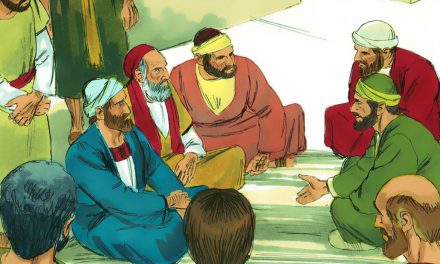

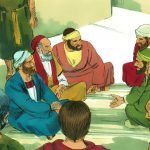





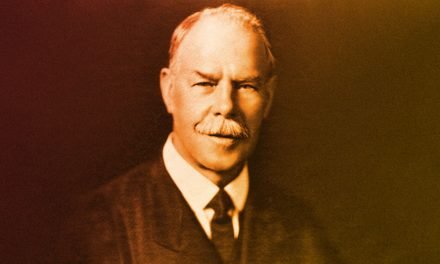
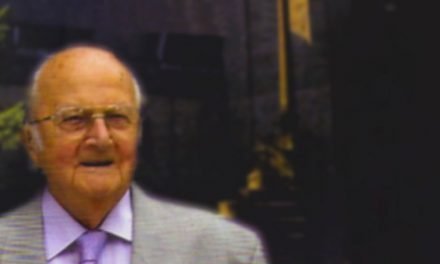
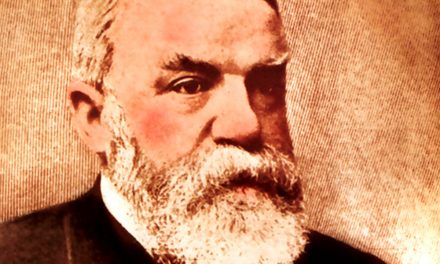
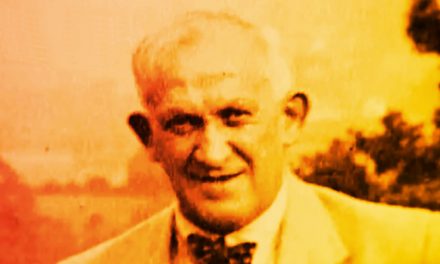
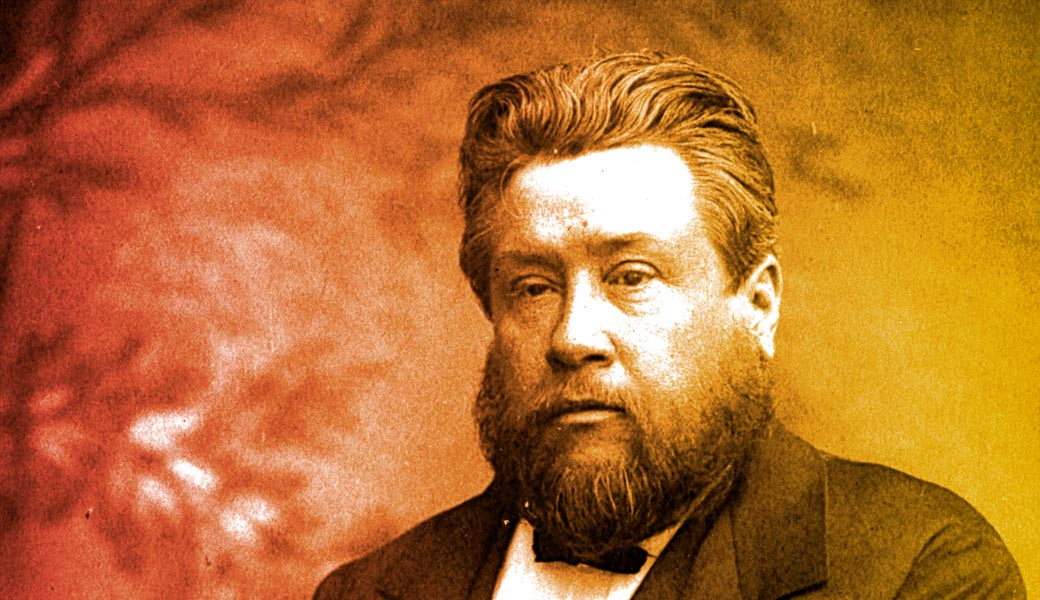
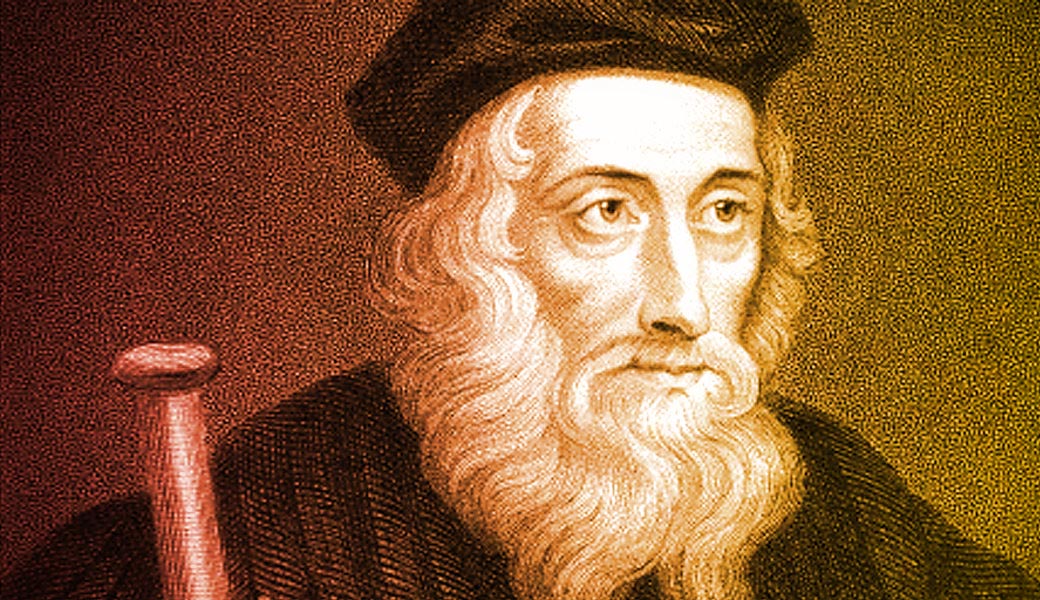
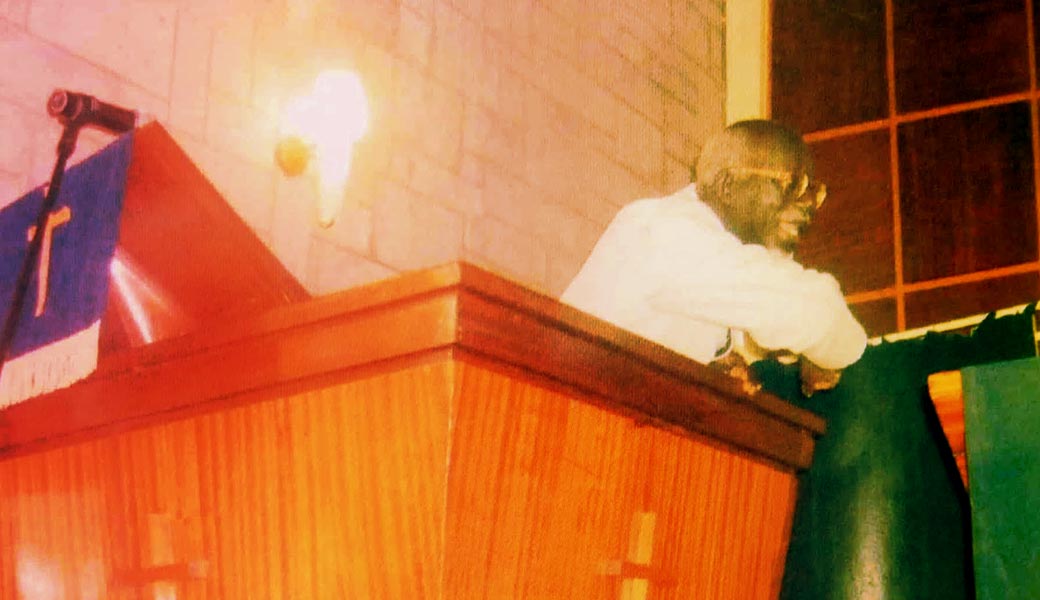



Recent Comments